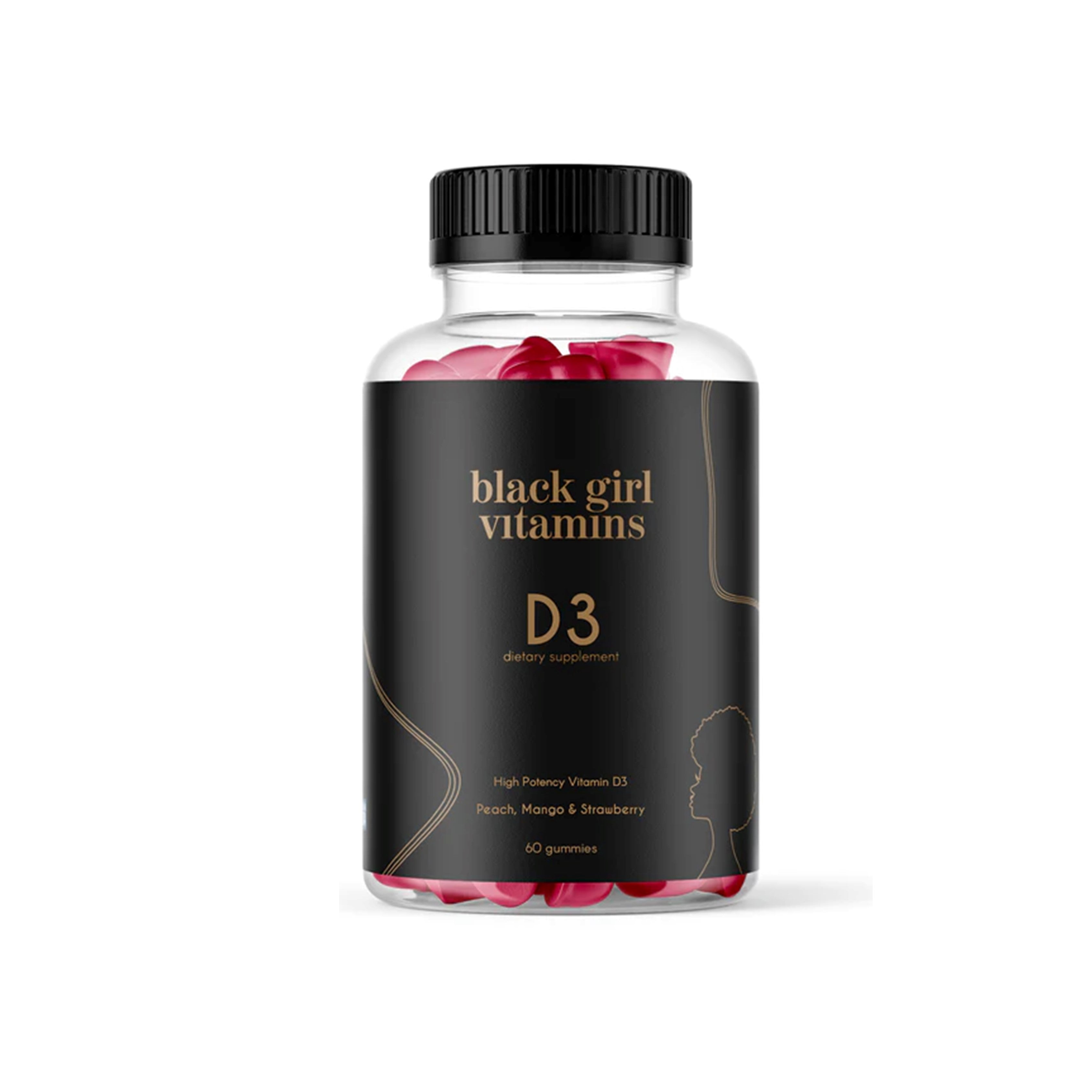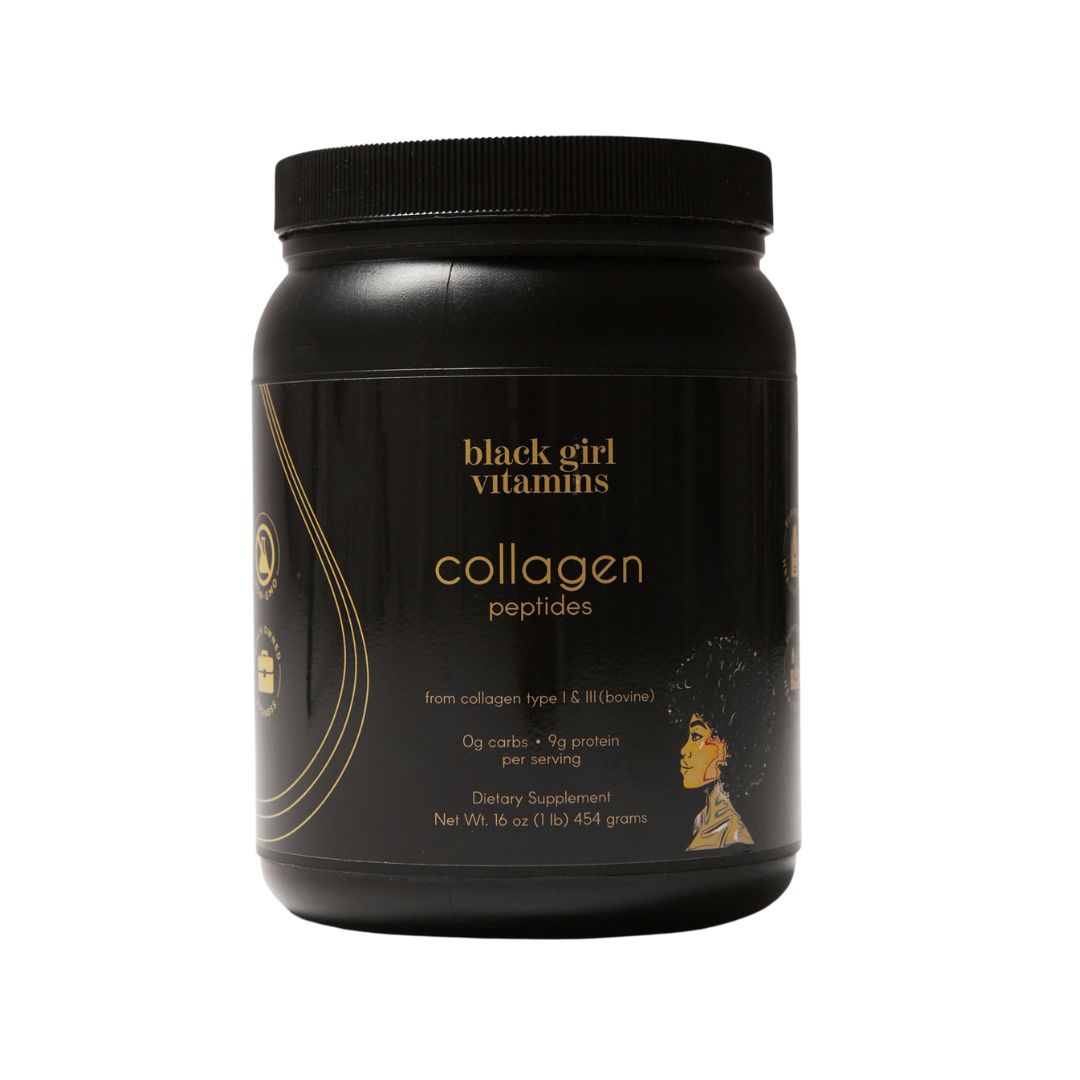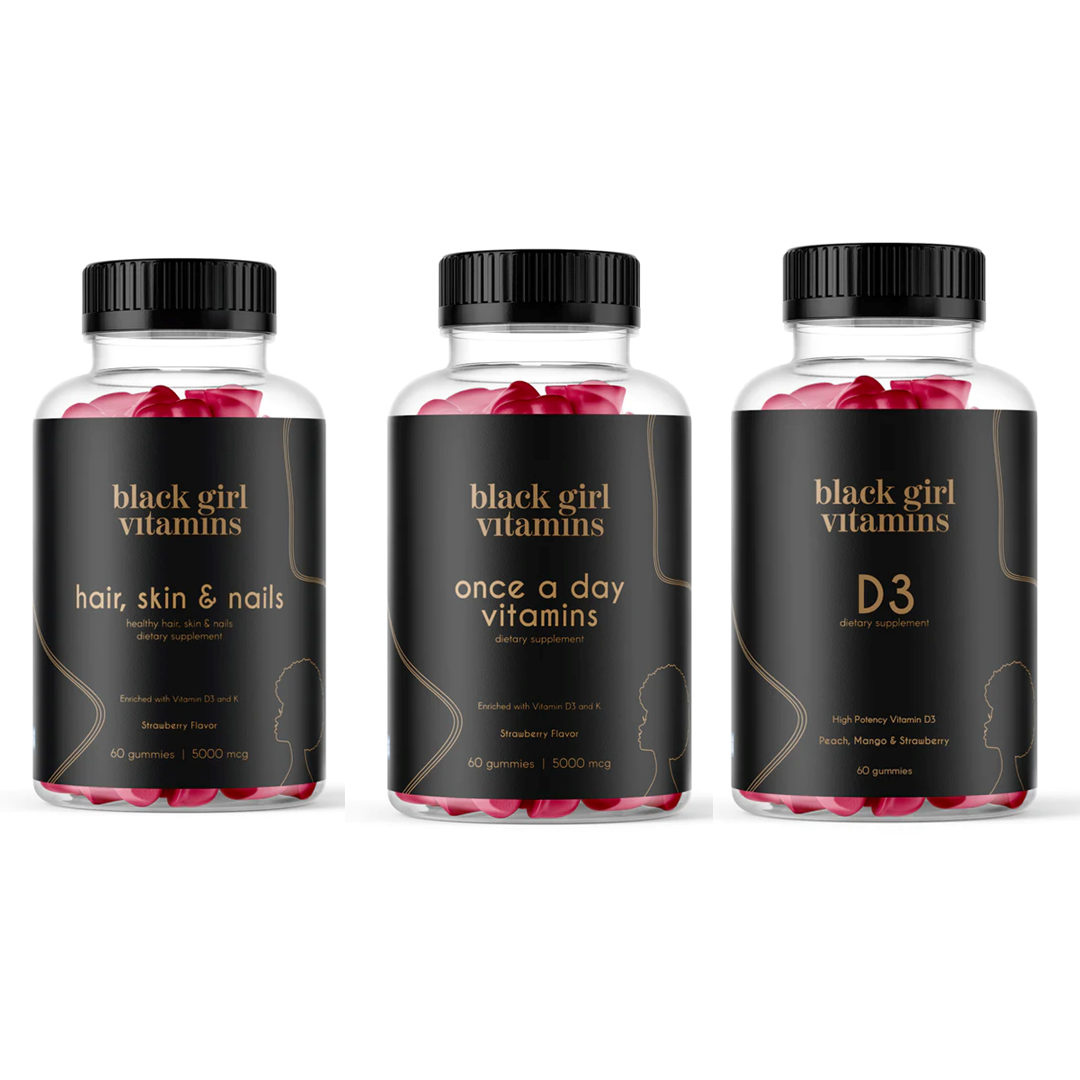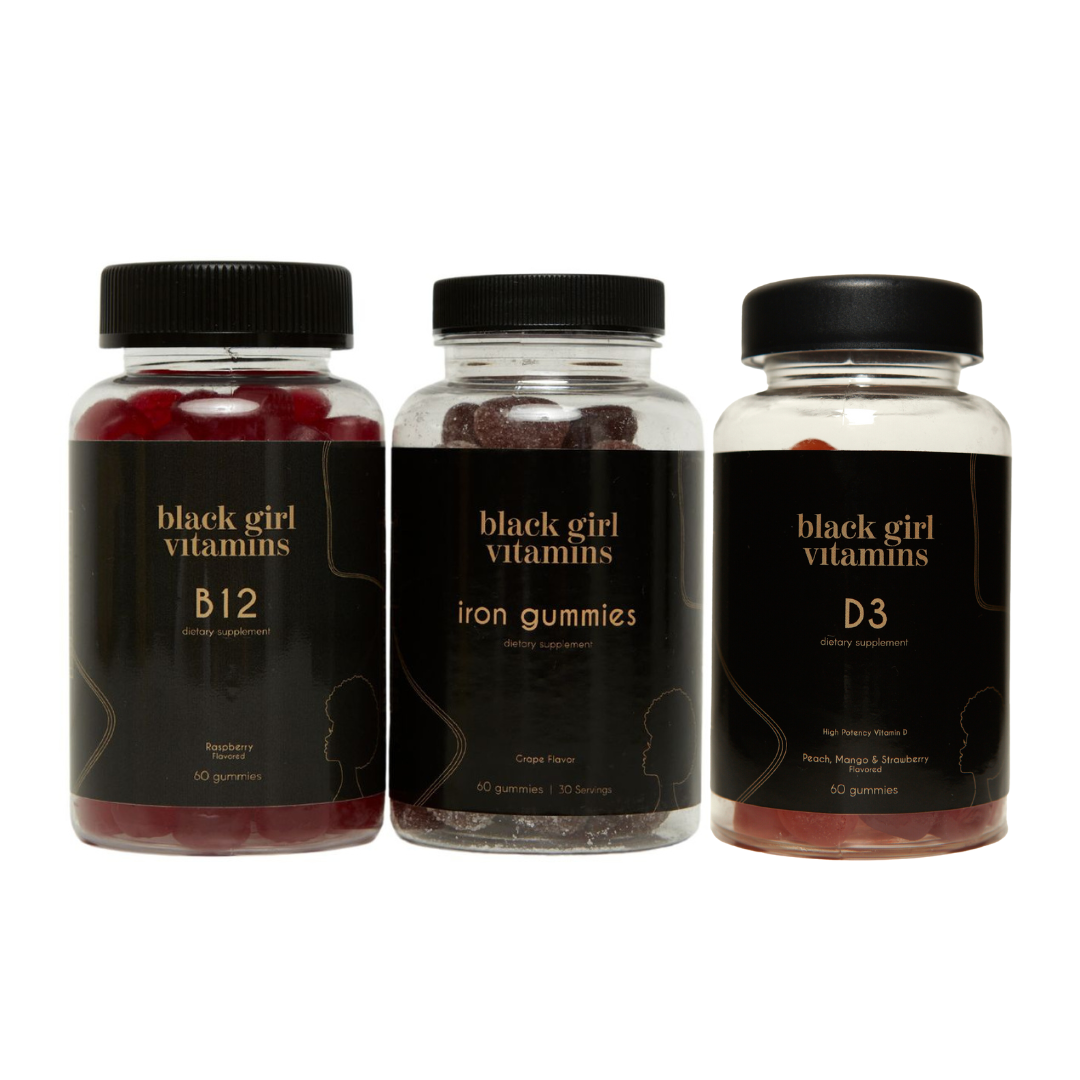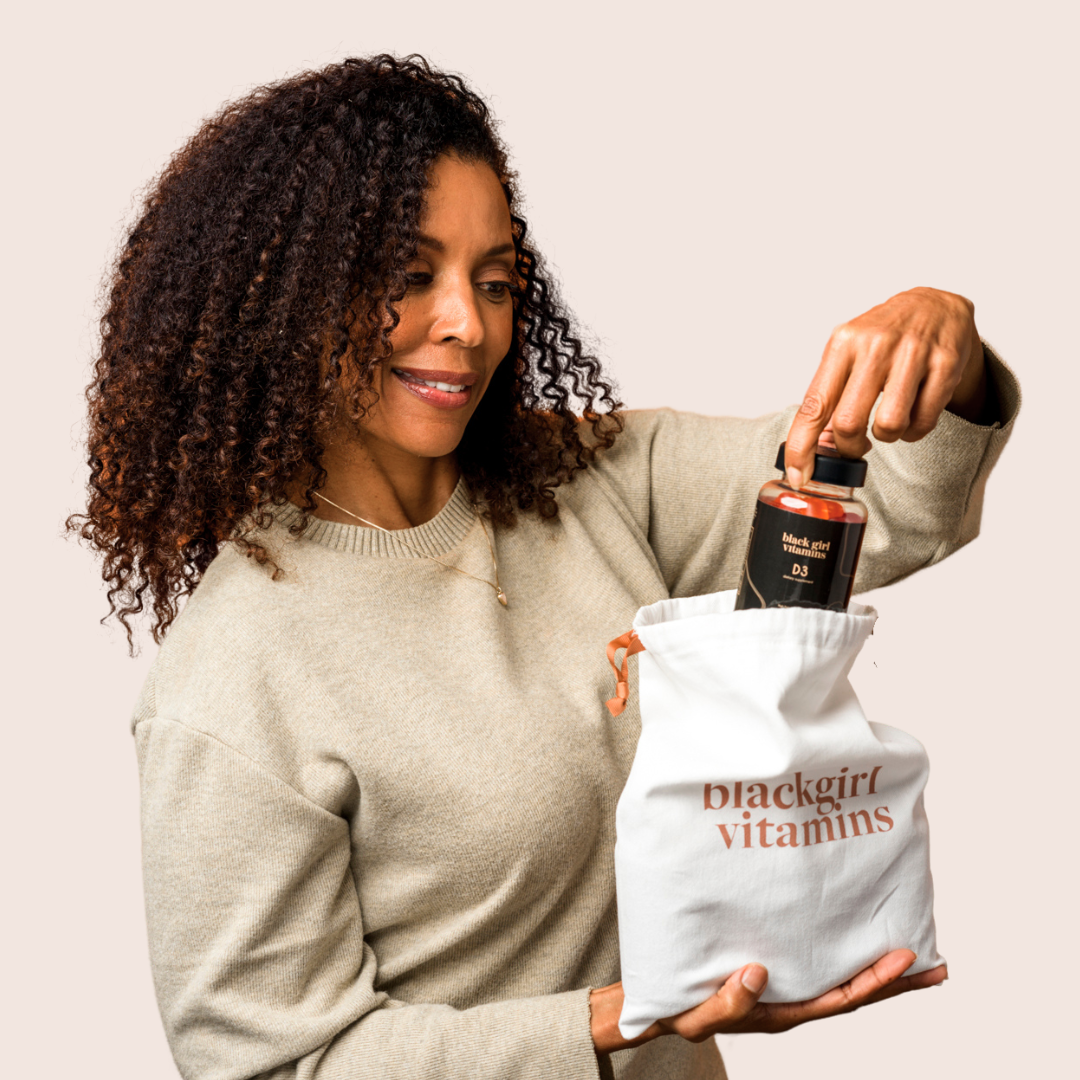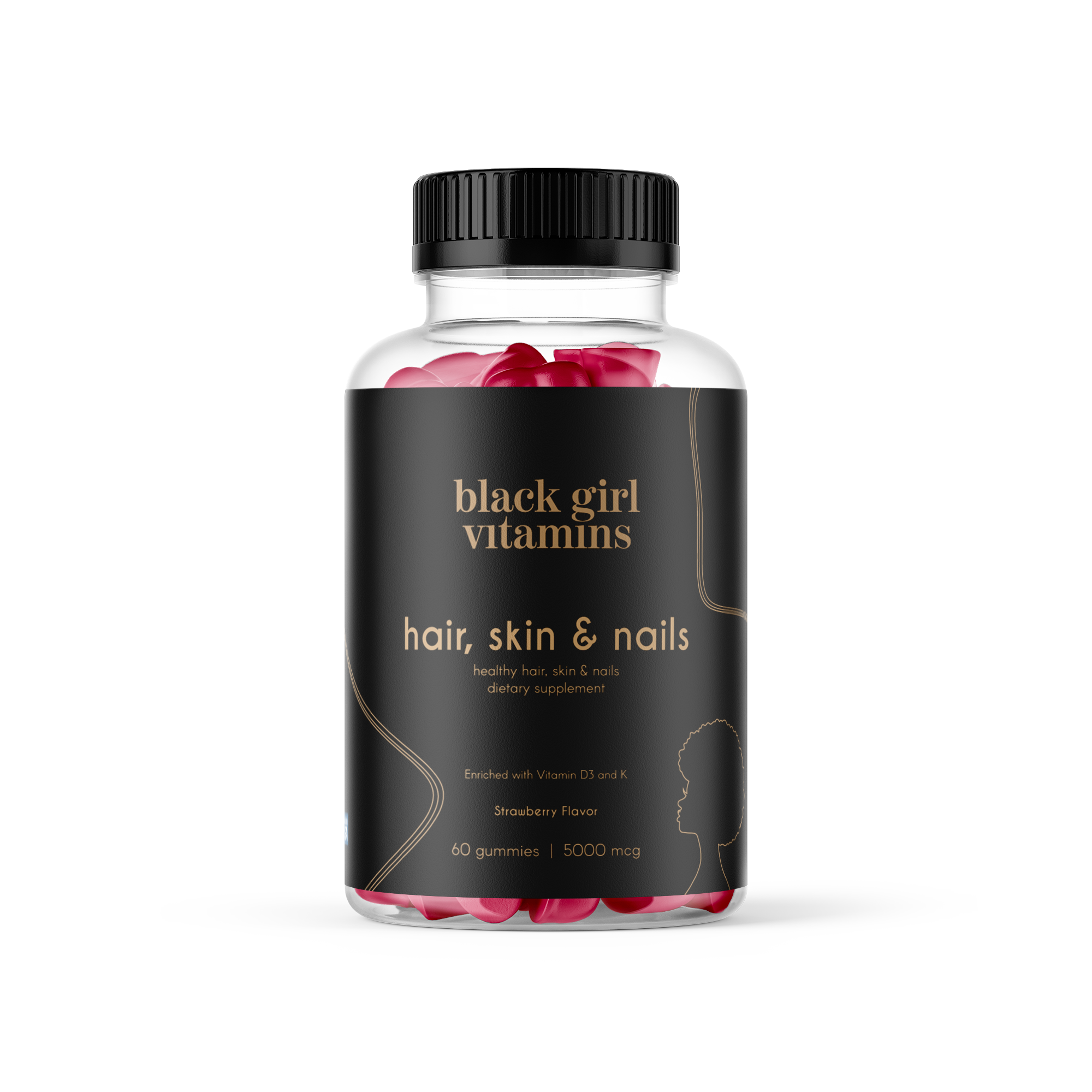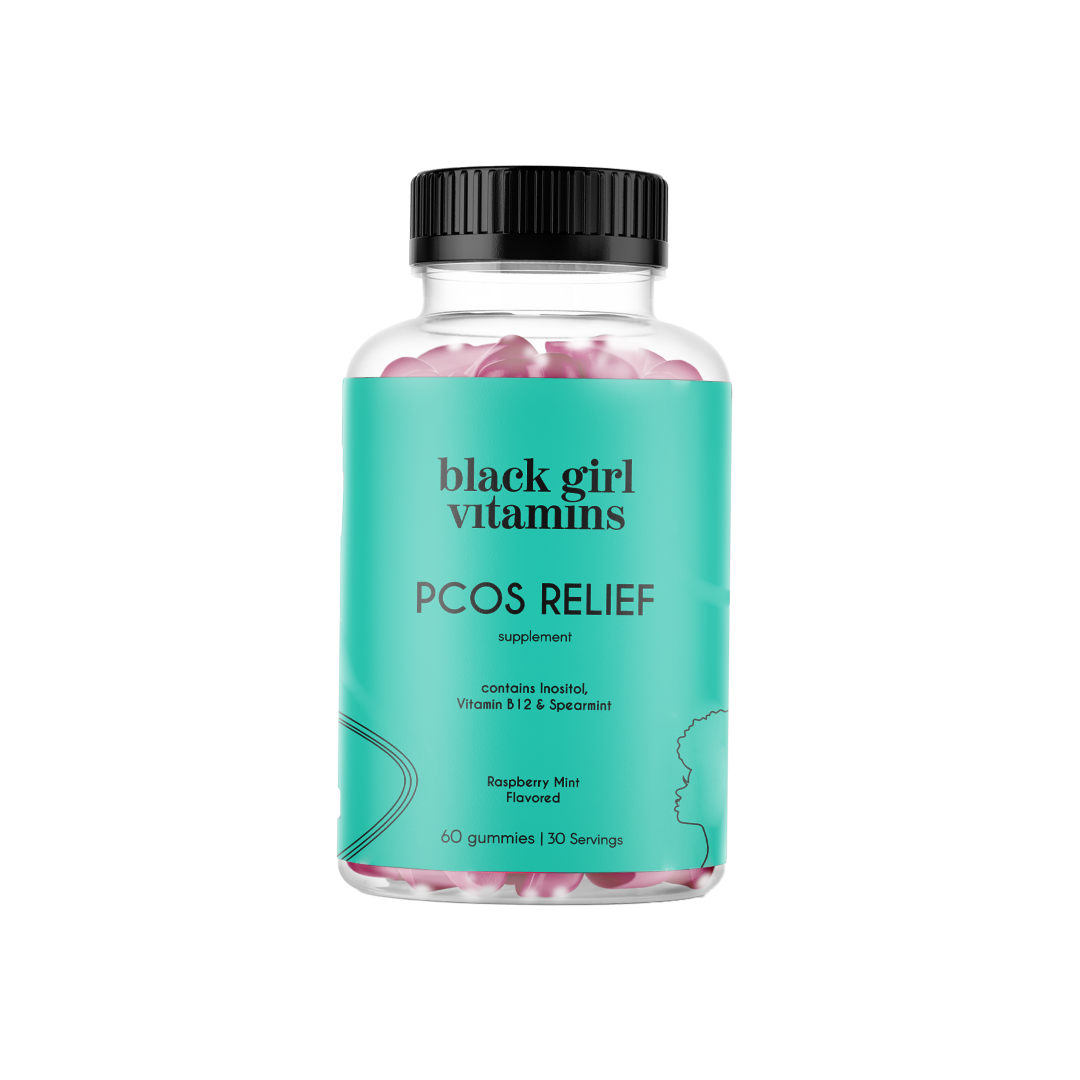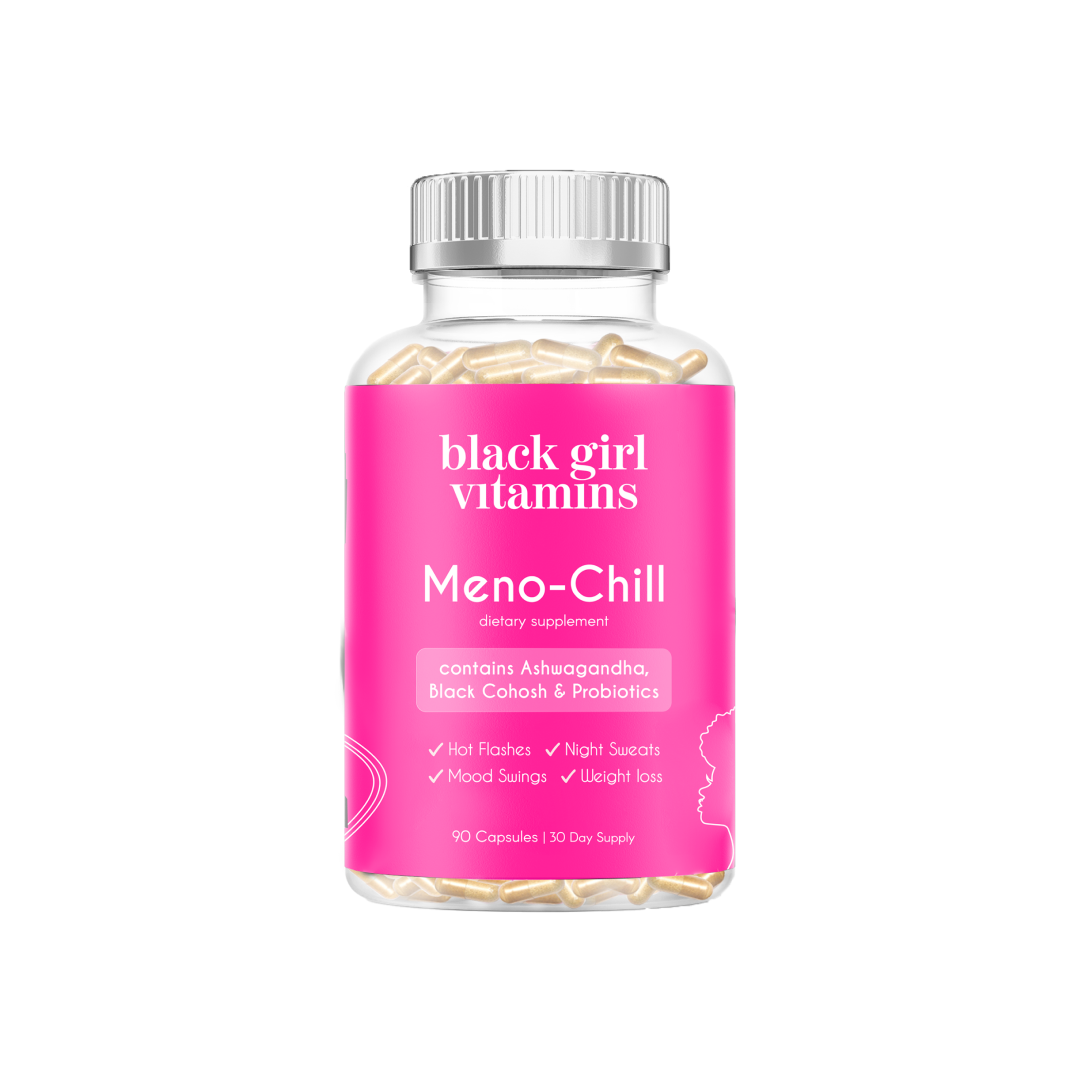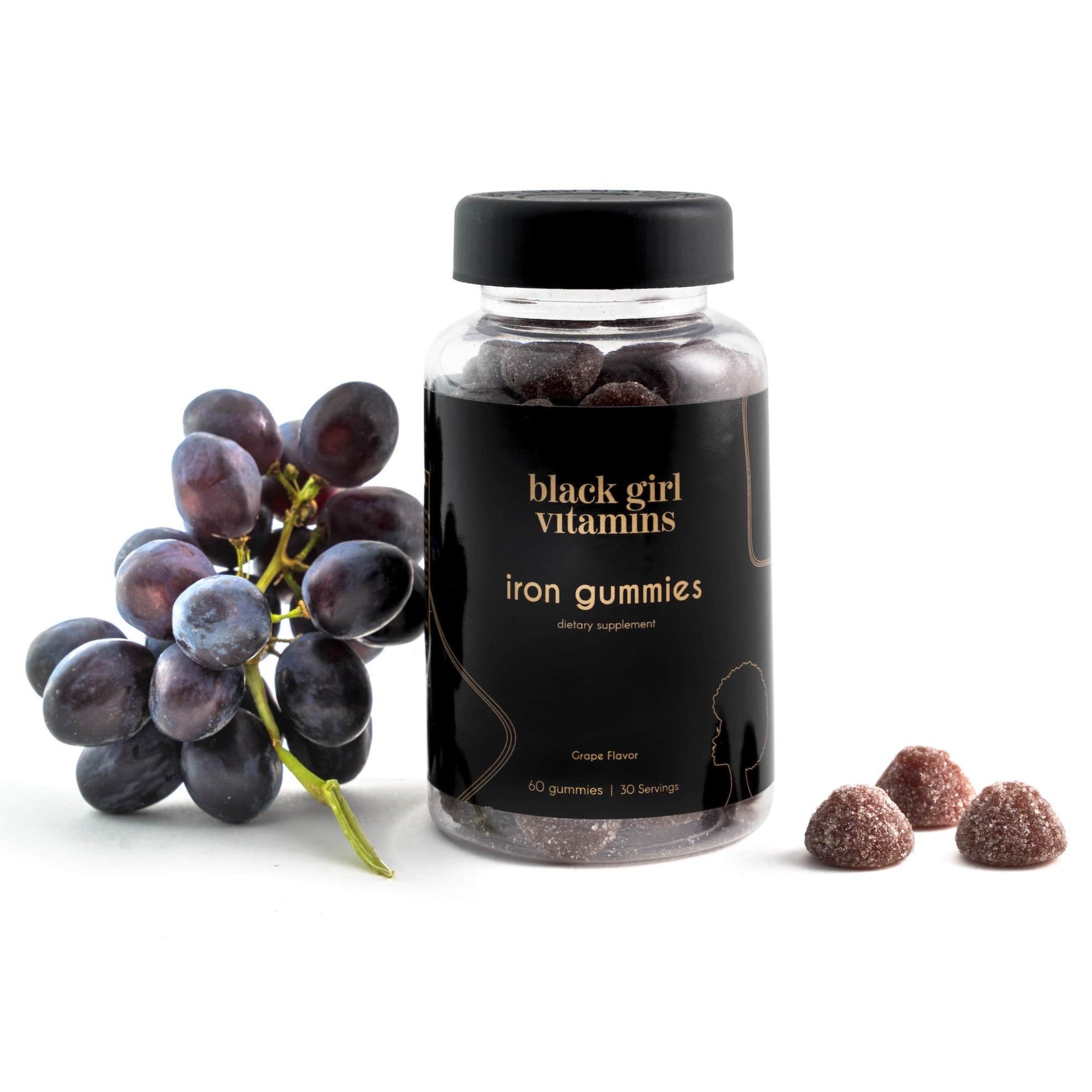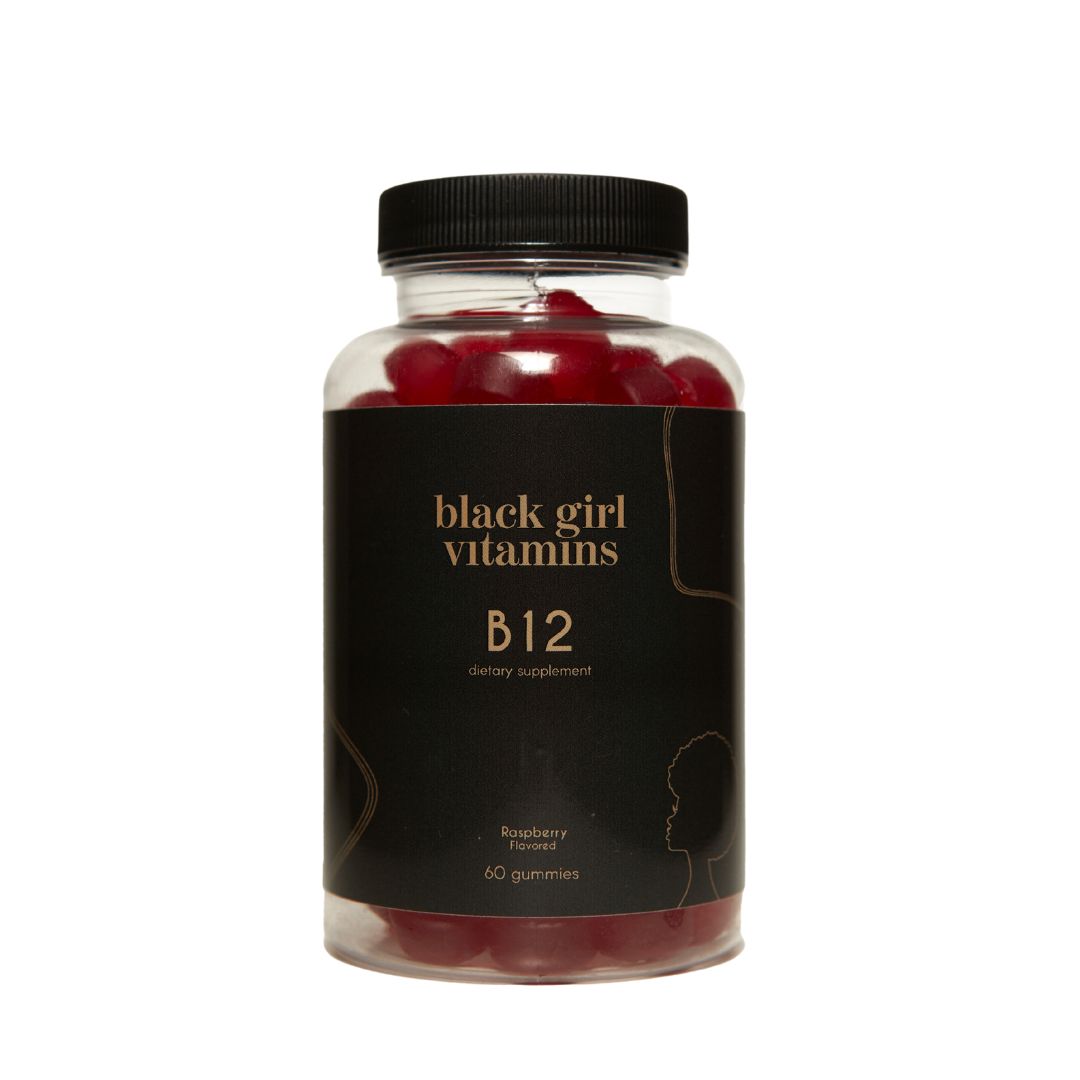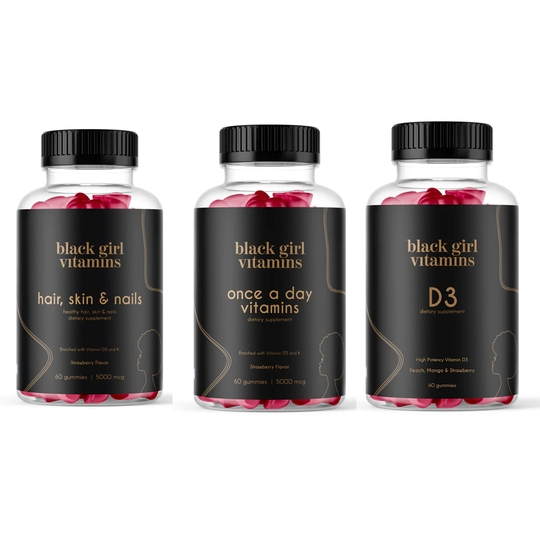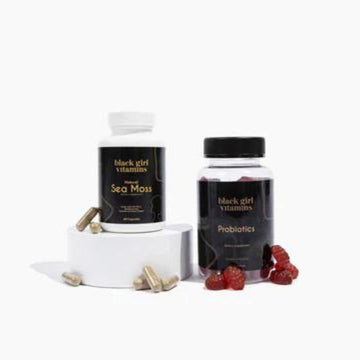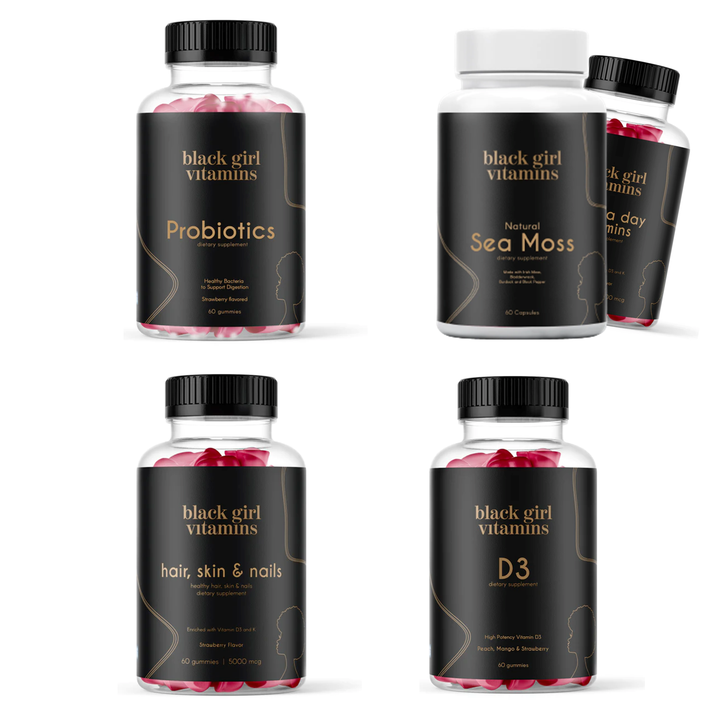Navigating High-Stress Seasons: Strategic Supplementation for Black Women's Resilience and Recovery
High-stress periods demand more from the body than typical daily routines, creating increased nutritional requirements that standard diets often fail to meet. For Black women, who face disproportionate stress exposure due to systemic inequalities and cultural pressures, these demanding seasons can deplete essential nutrients at accelerated rates while simultaneously increasing the body's need for stress-buffering compounds. Understanding which supplements provide targeted support during these challenging periods enables proactive health management that maintains both physical resilience and cognitive performance.
The physiological impact of prolonged stress extends far beyond temporary discomfort, creating measurable changes in hormone levels, immune function, and nutrient utilization that require specific interventional approaches. Research reveals that Black women demonstrate heightened cortisol levels compared to other demographics, leading to increased risk for chronic diseases, including diabetes and hypertension (Healthline). This elevated stress response creates a cascading effect on overall health that strategic supplementation can help mitigate.
The Magnesium-Stress Connection: Breaking the Depletion Cycle
Magnesium deficiency creates a bidirectional relationship with stress that compounds over time. Stress depletes magnesium stores while magnesium deficiency increases stress susceptibility, creating what researchers term a "vicious circle" that perpetuates both nutritional inadequacy and physiological stress responses. Studies demonstrate that magnesium supplementation can effectively reduce cortisol levels while improving stress tolerance (NCBI Bookshelf).
The recommended therapeutic approach involves daily supplementation with 300mg of magnesium, particularly when combined with vitamin B6 at 30mg doses. Research involving stressed but otherwise healthy adults showed greater stress reduction when magnesium was combined with vitamin B6 compared to magnesium supplementation alone (PubMed). This synergistic effect demonstrates the importance of comprehensive nutrient support rather than isolated interventions during high-stress periods.
Magnesium's stress-reducing mechanisms operate through multiple pathways, including regulation of the hypothalamic-pituitary-adrenal axis, modulation of GABA neurotransmitter activity, and support for healthy sleep cycles. These effects prove particularly valuable for Black women who experience higher baseline stress levels and may benefit from enhanced physiological stress management tools.
B-Complex Vitamins: Supporting Stress Response and Energy Production
The B-vitamin complex plays crucial roles in stress response management, particularly through support of adrenal function and neurotransmitter synthesis. Vitamin B5 (pantothenic acid) supports balanced cortisol production while helping reduce excessive cortisol levels triggered during acute stress events (Women's Health Network). This regulation prevents the energy crashes and mood disruption that commonly follow periods of intense stress.
B vitamins also support the nervous system's ability to manage stress-induced disruption. An overactive stress response can interfere with neurotransmitter production, often manifesting as depressed mood, anxiety, and cognitive fatigue. Adequate B-vitamin levels help maintain stable neurotransmitter synthesis even during challenging periods, supporting emotional resilience and mental clarity.
The water-soluble nature of B-vitamins means they require regular replenishment, particularly during stress when utilization increases. High-stress seasons often involve disrupted eating patterns, irregular sleep schedules, and increased caffeine consumption—all factors that further deplete B-vitamin stores and increase supplementation needs.
Vitamin D: Immune Support During Vulnerable Periods
Vitamin D deficiency significantly impacts immune function, creating increased susceptibility to illness during periods when the body faces an additional stress burden. Research demonstrates that vitamin D can modulate both innate and adaptive immune responses, with deficiency associated with increased autoimmunity and heightened infection susceptibility (PMC). For Black women, who experience vitamin D deficiency at rates approaching 76%, this immune support becomes particularly crucial during high-stress seasons.
The immunomodulatory effects of vitamin D extend beyond infection prevention to include regulation of inflammatory responses that can intensify during stress. Adequate vitamin D levels help maintain balanced immune function, preventing both the immune suppression that increases illness risk and the hyperactive inflammatory responses that contribute to stress-related health complications.
High-stress periods often involve increased exposure to potential stressors, including lack of sleep, poor nutrition, and heightened emotional demands—all factors that can compromise immune function. Strategic vitamin D supplementation provides foundational immune support that helps maintain health stability during these vulnerable periods.
Strategic Implementation: Timing and Combinations for Maximum Effect
The most effective supplementation approach for high-stress seasons involves understanding both individual nutrient benefits and their synergistic interactions. Magnesium and B-vitamins work together to support stress response management, while vitamin D provides immune system stability that prevents stress-related illness.
Implementation timing proves crucial for optimizing supplement effectiveness. Magnesium supplementation shows enhanced benefits when taken in the evening, supporting both stress reduction and sleep quality. B-vitamins demonstrate optimal absorption when taken with meals, preferably earlier in the day to support energy production without interfering with sleep. Vitamin D absorption improves when taken with dietary fats, making it suitable for morning or afternoon consumption with meals.
The duration of supplementation during high-stress periods requires consideration of both immediate stress management needs and longer-term health optimization goals. While some stress-related nutritional depletion can be addressed within weeks, rebuilding optimal nutrient stores often requires consistent supplementation over months, particularly for nutrients like vitamin D, where deficiency correction occurs gradually.
Beyond Supplementation: Supporting Nutritional Strategies
Supplementation provides targeted support for specific nutritional needs during high-stress seasons, but optimal outcomes require integration with supportive dietary and lifestyle practices. Emphasizing whole food sources of stress-supporting nutrients enhances supplement effectiveness while providing additional compounds that support overall health during challenging periods.
Foods rich in magnesium include leafy greens, nuts, seeds, and whole grains. B-vitamin sources encompass lean proteins, eggs, and fortified foods. While vitamin D food sources remain limited, focusing on calcium-rich foods supports vitamin D utilization and bone health during stress when calcium needs may increase.
Hydration status significantly affects both stress tolerance and supplement absorption. High-stress periods often involve disrupted hydration patterns, which can compromise nutrient utilization and intensify fatigue. Maintaining adequate hydration supports optimal supplement effectiveness while providing direct stress management benefits.
The strategic use of targeted supplementation during high-stress seasons empowers Black women to maintain health stability while navigating demanding periods. By addressing the specific nutritional vulnerabilities that affect this demographic, strategic supplementation provides a foundation for resilience that supports both immediate stress management and long-term health optimization. This proactive approach recognizes that high-stress seasons are inevitable, but their health impacts can be significantly minimized through evidence-based nutritional support.
Ready for experiencing supportive and tailor-made skin protection? Visit blackgirlvitamins.co to explore scientifically formulated supplements designed to support your skin's natural protective abilities.





